PLUS: What can phone surveys tell us about the impacts of COVID-19 on households?
| Having trouble seeing this email? |
| |
| |
| |
| Despite the immediate proximity of existing sewerage networks, too many households around the world do not connect to the system, meaning they are more likely to suffer from illnesses such as diarrhea, lose days to work because of those illnesses, and live without the comfort and privacy that comes with not having access to safely managed sanitation. A new World Bank and Global Water Security & Sanitation Partnership report looks at the reasons why so many households remain unconnected, and shares global best practices in developing a successful sewerage connection program. | | | |
| |
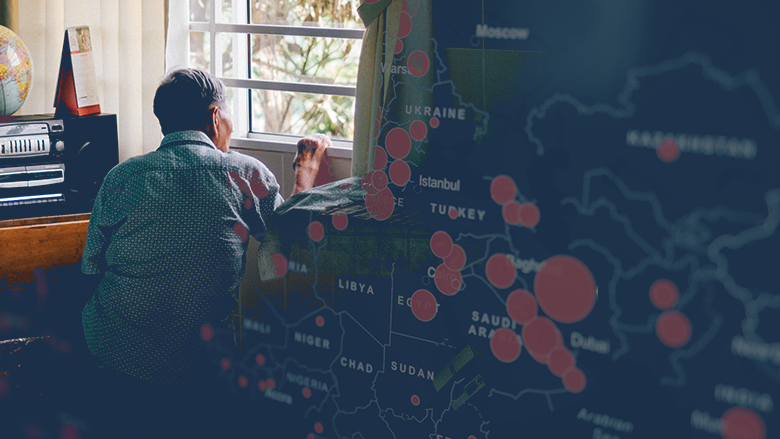 | | | | Phone surveys show that long-term impacts of the COVID-19 crisis can be lasting: lost months of learning, nutritional deficiencies, and difficulty in accessing health care can affect inequality of opportunity, social mobility and productivity. | | | | 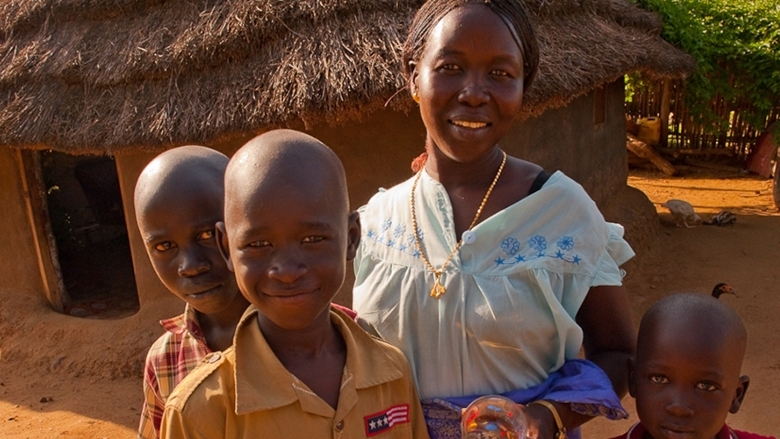 | | | | Over 50 million international migrants and refugees come from countries affected by fragility and conflict (FCS). So far, government responses to the COVID-19 crisis have largely focused on helping their own citizens. But there is a strong case for including migrants and refugee populations in the health response in countries where they live, given that the virus does not differentiate between citizens and others. | | | | |
| |
| "World Bank analysis shows that stable or slightly declining support over the medium-term can help Afghanistan accelerate its growth, maintain development outcomes, and make real progress towards self-sufficiency. Conversely, any precipitous cutback in grant support will lead to a collapse in public services, economic activity, and living standards—and further fuel instability. Continued support is especially urgent as the COVID-19 crisis has compounded Afghanistan's challenges." — Axel van Trotsenburg, November 19 | | | | |
| |
| |
| |
| This event will launch two World Bank reports and present a vision of the schools and learning 'of tomorrow' that respond to the new realities post COVID-19, the investments and policy reforms needed to realize this vision, and a shared understanding of how education technology can help make education systems more equitable, effective and resilient. Join us live on December 2nd at 9AM ET. | | | | |
| As COVID-19 continues to have wide-reaching impacts, one question looms large: how we can address the long-standing systemic inequalities that it has laid bare? Join us on Dec. 3rd, the International Day of Persons with Disabilities, and hear from disability champions from around the world. The event will feature experts, policymakers, and disability champions, including Judith Heumann from Netflix's Crip Camp documentary, along with inspiring artists. | | | | |
|
| |
| |
 |
| How can we improve #Disaster risk reduction & management to protect lives and livelihoods? Get inspired by the latest ideas & solutions in the field. Join us on Dec 1-3 for #UR2020 Global Forum. Register: http://wrld.bg/eV5550Cqpis |
 |
| As countries prepare to distribute any #COVID19 vaccine, Global Director for Health, Nutrition and Population, Dr. Muhammad Ali Pate, joins Expert Answers to explain the immense challenge ahead and what the World Bank Group is doing to help the world's poorest have fair access. #ResilientRecovery |
| |
| |
| |
| |
| 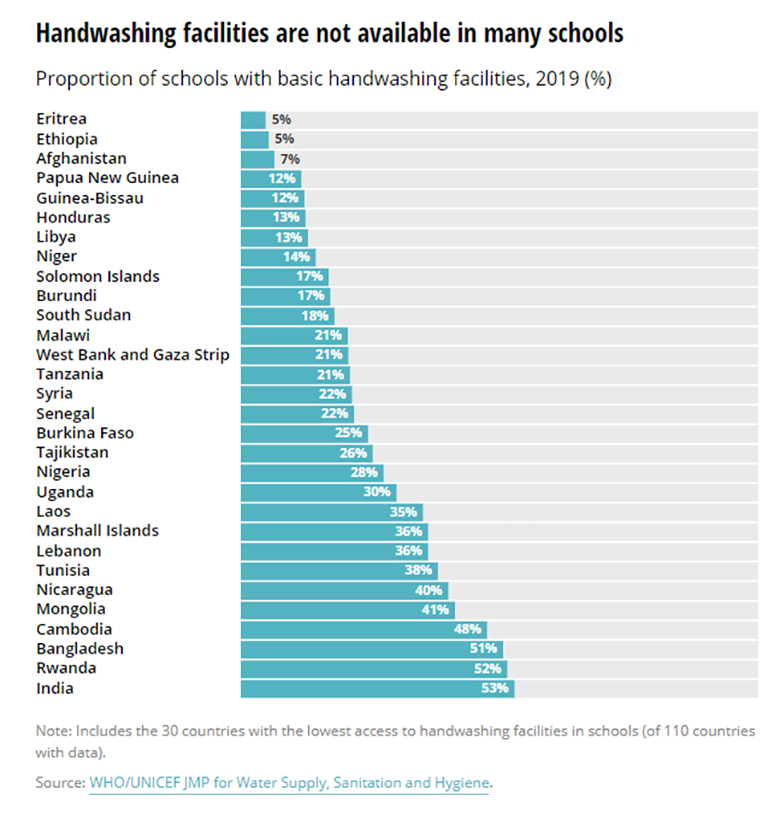 For the past two decades access to water, sanitation and hygiene services has steadily increased in many parts of the world. But inequality in access persists in some low- and middle- income countries. People living in rural areas, and people from the poorest households are more likely to be disadvantaged in access to water and sanitation services. Access to safely managed water and sanitation services is a crucial part of sustainable development, but many countries still lack the data needed to measure progress. Read More>> For the past two decades access to water, sanitation and hygiene services has steadily increased in many parts of the world. But inequality in access persists in some low- and middle- income countries. People living in rural areas, and people from the poorest households are more likely to be disadvantaged in access to water and sanitation services. Access to safely managed water and sanitation services is a crucial part of sustainable development, but many countries still lack the data needed to measure progress. Read More>>
|
| |
| Accredited journalists may obtain advance access to reports and information by registering with the Bank's Online Media Briefing Center, a password-protected site for working journalists. Material in this newsletter is copyrighted. Requests to reproduce it, in whole or in part, should be addressed to pubrights@worldbank.org For more information visit our website: worldbank.org. Access to Information | Other Bank Newsletters | Privacy Policy |
|

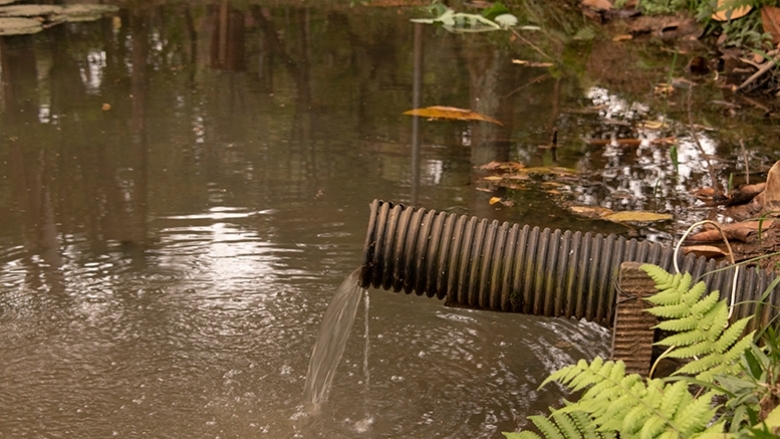


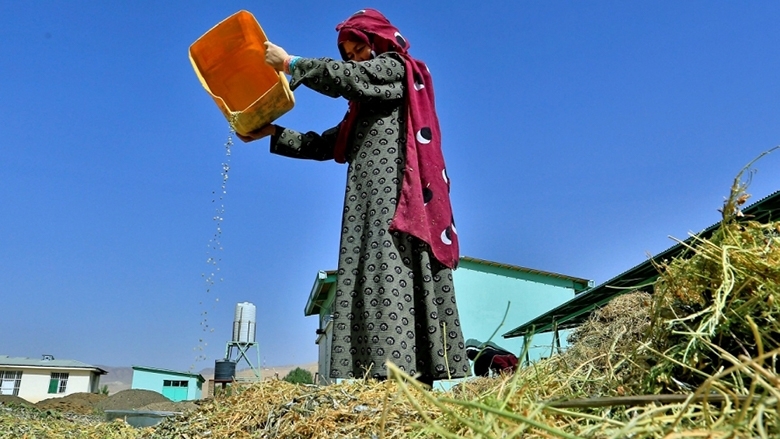
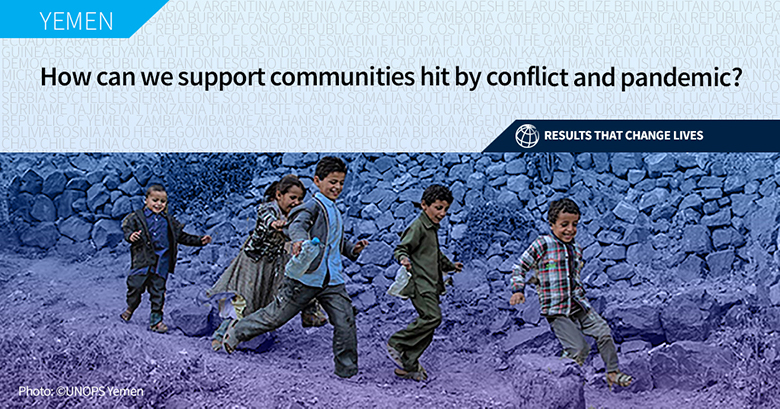



No comments:
Post a Comment